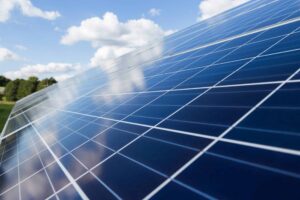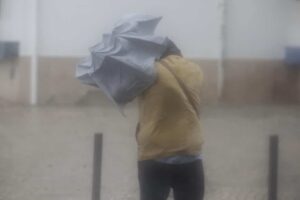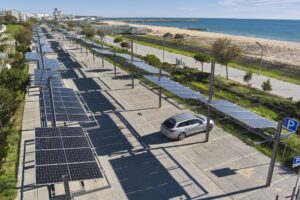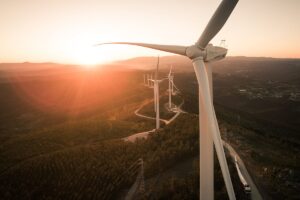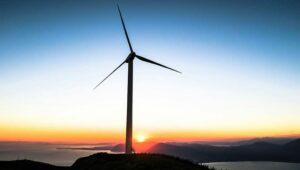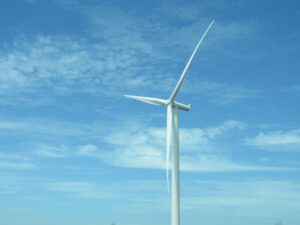By COLIN REID energy@algarveresident.com
Colin Reid is the technical director at the Enova Group and is a chartered engineer specialising in renewable and sustainable energy systems. He has over 20 years experience in the industry and lives with his wife and three children near Almancil.
It is widely known that solar systems work very well for sanitary hot water heating (hot water for showers, baths, etc.). These types of solar systems can be seen all over the Algarve, particularly the tank / panel combination system on the roof.
What is perhaps less well known is that solar systems also work very well for space heating and pool heating. However, more panels are needed for this type of heating as considerable more energy is required than sanitary hot water heating.
A very good solution is a centralised solar system that can provide hot water for sanitary hot water, heating and pool heating. This consists of one set of solar panels mounted on the roof or in the garden, a sanitary hot water tank with a solar heating coil, a buffer tank for heating – also with a solar heating coil – and a heat exchanger for heating the swimming pool. The quantity of solar panels depends on the size of the house and the size of the pool but can range from about six up to 26 or more.
In all cases, a back-up is required. In the case of the sanitary hot water tank, this is normally an electric immersion heater or a gas boiler. With the space heating and the pool heating, this is normally a gas boiler or a heat pump.
The system is fully automatic and designed to prioritise the solar energy. The normal priority is for the sanitary hot water to be heated up first, then the space heating, followed by the pool heating.
Thermal solar energy is most efficient at lower temperatures – so it is therefore ideal for pool heating with water temperatures of around 30 degrees centigrade and under floor heating with water temperatures of around 40 degrees centigrade. With radiator systems, it becomes less efficient as these type of heating systems work at higher temperatures (up to about 80 degrees centigrade). However, if the radiator system can be operated at a lower temperature then solar energy becomes more viable.
The great advantage of centralised solar systems is that only one set of solar panels is required for all heating applications. The main criteria is a large south facing roof or garden area for the panels and a large enough technical area for the water tanks.
Colin Reid can be contacted by phone on (00351) 282 960 969 or by email at energy@algarveresident.com. To visit the Enova Group website, click on the link to the right of this page.

